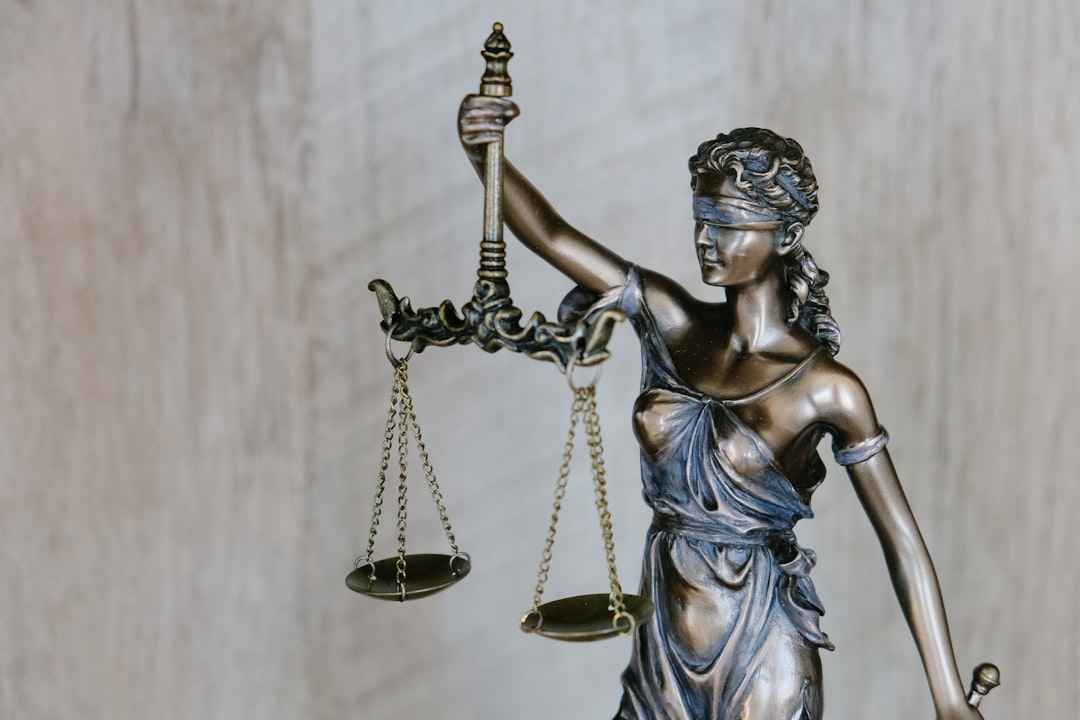In Colorado, particularly in Denver, the Child Abuse and Neglect Prevention Act mandates that teachers recognize and report suspected cases of child abuse or neglect, including physical, emotional, and sexual abuse, as well as neglect. Trained to identify indicators, teachers are legally obligated to report suspicions to authorities and can seek guidance from child abuse attorneys in Denver CO to ensure they meet their duties without fear of retaliation. Prompt action involves documenting behaviors and reporting to law enforcement or social services, with expert support from these attorneys enhancing educators' ability to protect children.
In Denver, Colorado, educators play a pivotal role in identifying and reporting suspected child abuse. This article explores the legal responsibilities of teachers, navigating the state’s stringent guidelines for reporting potential abuse while ensuring their own protections. We delve into the legal framework governing such reports, focusing on the obligations and rights of ‘reporting entities’ like schools. Understanding these steps is crucial, especially with the help of Denver child abuse attorneys who can guide educators through challenging situations.
Legal Framework for Reporting Child Abuse in Colorado
In Colorado, the legal framework for reporting suspected child abuse is governed by state laws and regulations designed to protect vulnerable children. The primary piece of legislation is the Child Abuse and Neglect Prevention Act, which outlines the requirements for individuals, including teachers, to report suspected instances of child abuse or neglect. Teachers in Denver, CO, are legally obligated to recognize potential indicators of abuse and take prompt action by reporting their concerns to the appropriate authorities. Failure to do so may result in legal consequences, with child abuse attorneys in Denver CO often assisting victims and holding perpetrators accountable.
The state provides clear guidelines on what constitutes child abuse, including physical, emotional, and sexual abuse, as well as neglect. Teachers are trained to identify these signs and are encouraged to report any reasonable suspicion of such abuses, even if they lack definitive proof. This proactive approach is crucial in ensuring the safety and well-being of children, as early reporting can lead to timely interventions and prevent further harm.
Role of Denver Teachers in Identifying Potential Abuse
Denver teachers play a crucial role in identifying potential child abuse, acting as the eyes and ears of the community. They interact with students daily, often forming close relationships that foster trust and openness. This unique position allows them to detect subtle signs or changes in a student’s behavior, attitude, or physical condition that could indicate abuse.
Teachers are trained to recognize these red flags, which might include sudden changes in academic performance, withdrawal from social activities, or unusual fears or anxieties. If a teacher suspects child abuse, their legal responsibilities kick in. They must report the suspected abuse to the appropriate authorities, such as child protective services or law enforcement, ensuring the well-being and safety of the affected child. In Denver, where reputable child abuse attorneys are readily available, teachers’ proactive reporting can make a significant difference in holding abusers accountable and providing support for victims.
Obligations and Protections for Reporting Entities
In Colorado, including Denver, all teachers and school staff members have a legal obligation to report suspected child abuse. This responsibility is outlined by state laws aimed at protecting children and ensuring their safety. When a teacher in Denver CO becomes aware of or suspects any form of child maltreatment, they must take immediate action. The first step is to document the observations or concerns, gathering as much relevant information as possible. This includes noting dates, times, locations, and specific behaviors that raise suspicions.
Reporting entities, such as teachers, are protected from legal liability for good-faith reports of suspected child abuse. Child abuse attorneys in Denver CO can confirm that these protections are in place to encourage individuals to come forward without fear of reprisal. This is a crucial aspect of the reporting process, ensuring that educators feel empowered to fulfill their legal duties and contribute to the well-being of children in their care or within their knowledge.
Steps to Take When Suspecting Child Abuse
When a Denver teacher suspects child abuse or neglect, prompt and proper action is crucial. The first step is to document observations or conversations that raise concern. This includes noting specific behaviors, dates, and any relevant details. Next, teachers should report their suspicions to the appropriate authorities, typically local law enforcement or social services. It’s important to provide as much information as possible to facilitate a thorough investigation.
In addition to reporting, teachers can play a vital role in protecting vulnerable children by educating themselves on child abuse laws and seeking guidance from child abuse attorneys in Denver CO if needed. Understanding legal obligations and knowing when to involve professionals ensures that the best interests of the child are at the forefront of any decision-making process.
Common Challenges and How Child Abuse Attorneys Can Help
Many teachers in Denver face common challenges when it comes to reporting suspected child abuse. They may be unsure about legal protocols, fear retaliation, or struggle to recognize subtle signs of abuse. These obstacles can hinder their ability to protect vulnerable students effectively. Fortunately, child abuse attorneys in Denver, CO, play a vital role in supporting educators and ensuring the well-being of children.
These legal professionals provide guidance on navigating complex laws and regulations related to child protection. They offer strategies for documenting and reporting suspected abuse incidents while safeguarding teachers from potential legal repercussions. With their expertise, educators can gain confidence in their roles as watchful eyes, fostering a safer environment for all students.






